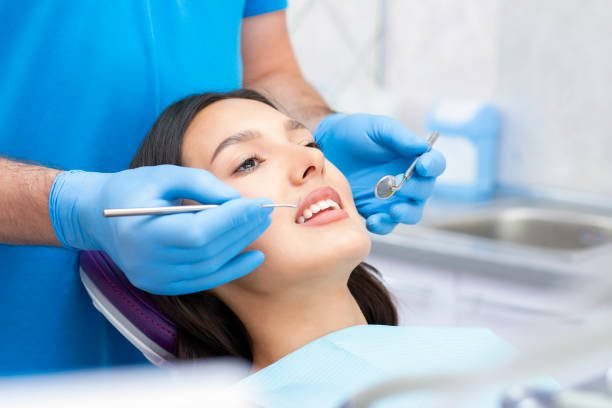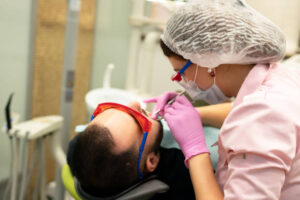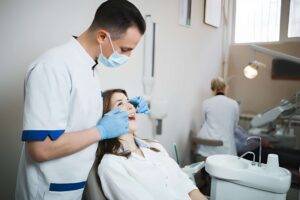If you’re considering dental treatment under the National Health Service (NHS) in the UK, you might be wondering what services are covered. Let’s explore what NHS dentists typically offer and what treatments you can expect to receive.
Understanding NHS Dental Services
NHS dental services aim to help individuals maintain good oral health by providing a range of essential treatments at affordable prices. While NHS dental care isn’t entirely free for most adults, it’s subsidised, meaning patients pay reduced fees compared to private dental treatment.
Routine Check-Ups
One of the primary services provided by NHS dentists is routine check-ups. These appointments allow dentists to assess your oral health, check for any signs of dental issues, and provide advice on maintaining good dental hygiene. Routine check-ups are essential for preventing dental problems and catching any issues early on.
Fillings
If you have a cavity or tooth decay, NHS dentists can provide fillings to restore the affected tooth’s structure and prevent further decay. Fillings are a common dental treatment and are typically offered as part of NHS dental services.
Extractions
In cases where a tooth is severely decayed or damaged and cannot be saved, extraction may be necessary. NHS dentists can perform tooth extractions to remove problematic teeth safely and effectively. This procedure helps alleviate pain and prevent further dental problems.
Scale and Polish
Regular cleaning of your teeth is vital for maintaining good oral health. NHS dentists offer scale and polish treatments to remove plaque and tartar buildup, which can lead to gum disease and other dental issues if left untreated. This procedure leaves your teeth feeling clean and smooth.
Root Canal Treatment
If you have a severely infected or damaged tooth, root canal treatment may be necessary to save the tooth and alleviate pain. NHS dentists can perform root canal therapy to remove the infected pulp and seal the tooth to prevent further infection.
Crowns and Bridges
For individuals with damaged or missing teeth, NHS dentists can provide crowns and bridges to restore the appearance and function of their smiles. Crowns are used to cover damaged teeth, while bridges are used to replace missing teeth by bridging the gap between adjacent teeth.
Dentures
If you have multiple missing teeth, NHS dentists can provide dentures to restore your ability to chew and speak properly. Dentures are removable prosthetic devices that replace missing teeth and surrounding tissues, allowing you to enjoy a natural-looking smile.
Emergency Dental Treatment
In cases of dental emergencies, such as severe toothaches, dental abscesses, or trauma to the teeth, NHS dentists can provide emergency dental treatment to alleviate pain and address the underlying issue. Emergency dental services are available to ensure patients receive prompt care when needed.
Also read: What’s the Difference Between Nhs and Private Dentist?
Conclusion
NHS dentists offer a range of essential dental services aimed at helping individuals maintain good oral health. From routine check-ups to emergency dental treatment, NHS dentists provide comprehensive care to patients of all ages. By understanding what NHS dental services cover, you can make informed decisions about your dental health and access the care you need.
Looking for Dental Care?
Whether you’re in need of routine check-ups or specialised dental treatments, GK Dental Implants and Cosmetic Clinic is here to help. Our experienced team offers comprehensive dental services tailored to your needs. Contact us today to schedule an appointment and take the first step towards a healthier smile.
Related Article: Do I Qualify for an NHS Dentist?
Frequently Asked Questions (FAQs)
What services do NHS dentists offer?
NHS dentists provide routine check-ups, fillings, extractions, scale and polish, root canal treatment, crowns and bridges, dentures, and emergency dental care.
Do I need to pay for NHS dental treatment?
Most adults pay for NHS dental treatment, but certain groups, like children, full-time students, pregnant women, and those receiving specific benefits, qualify for free care.
How much does NHS dental treatment cost?
NHS dental charges vary depending on the treatment needed, with fees divided into three bands ranging from £23.80 to £282.80 in England.
Who is exempt from paying for NHS dental treatment?
Exemptions include children under 18, full-time students under 19, pregnant women, new mothers, and individuals receiving certain benefits.
Where can I find an NHS dentist?
You can find an NHS dentist by searching online, contacting NHS 111, or asking for recommendations from friends and family.
For more information Click here..
